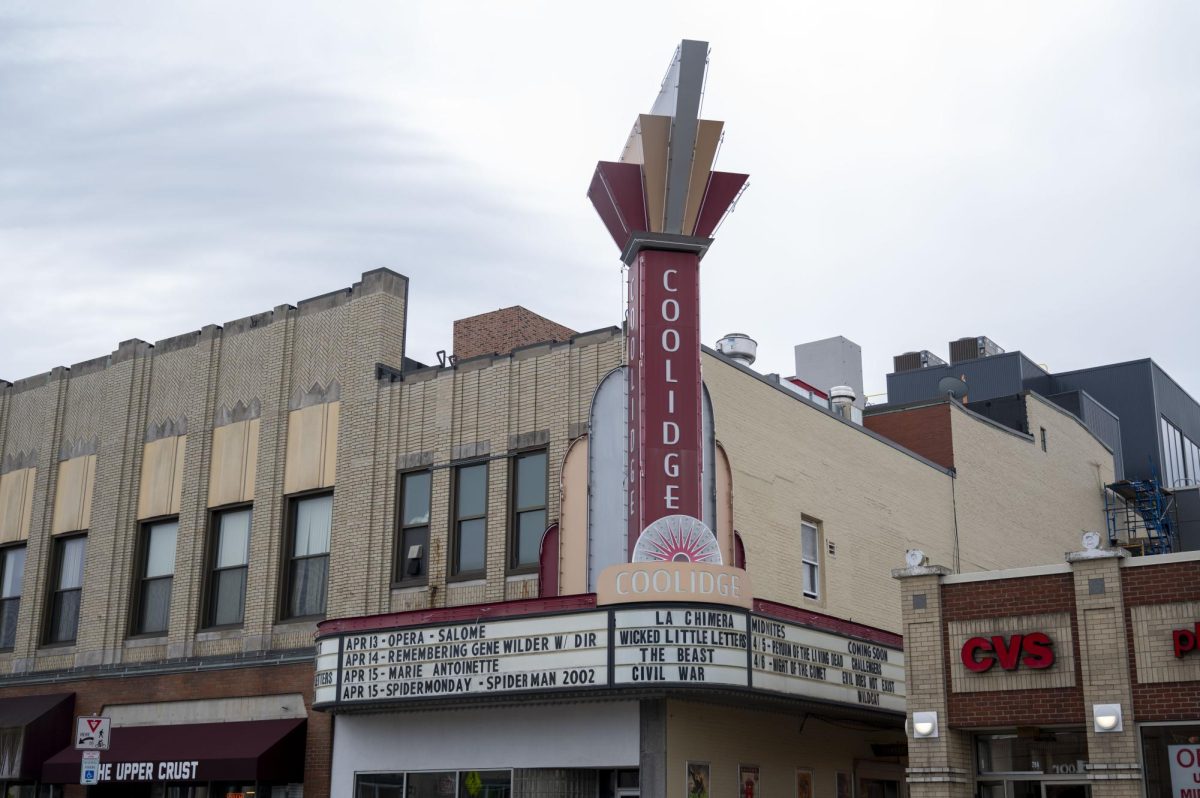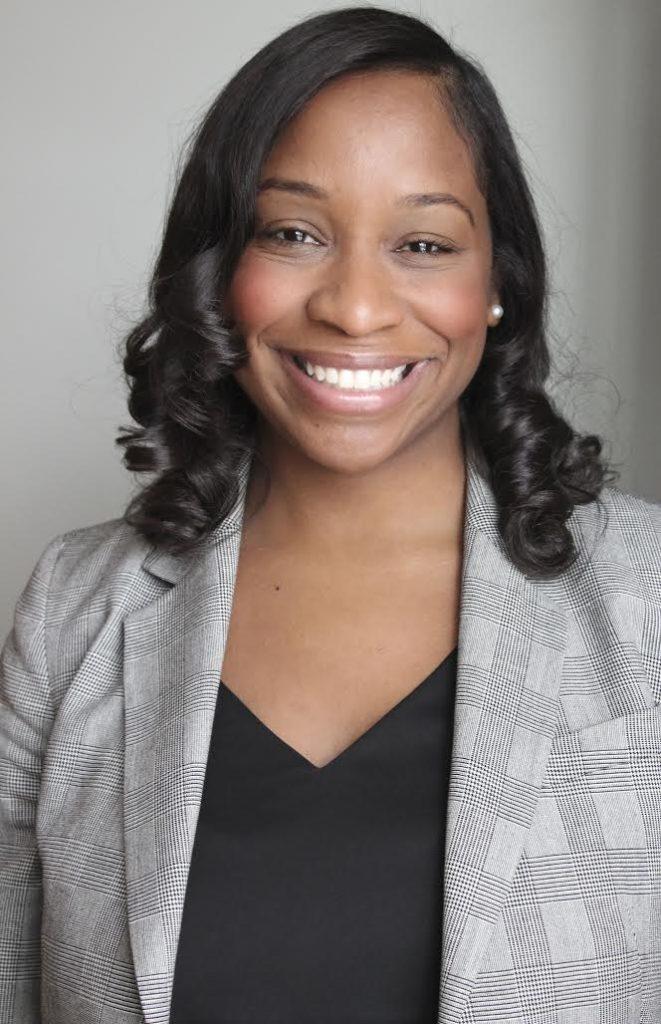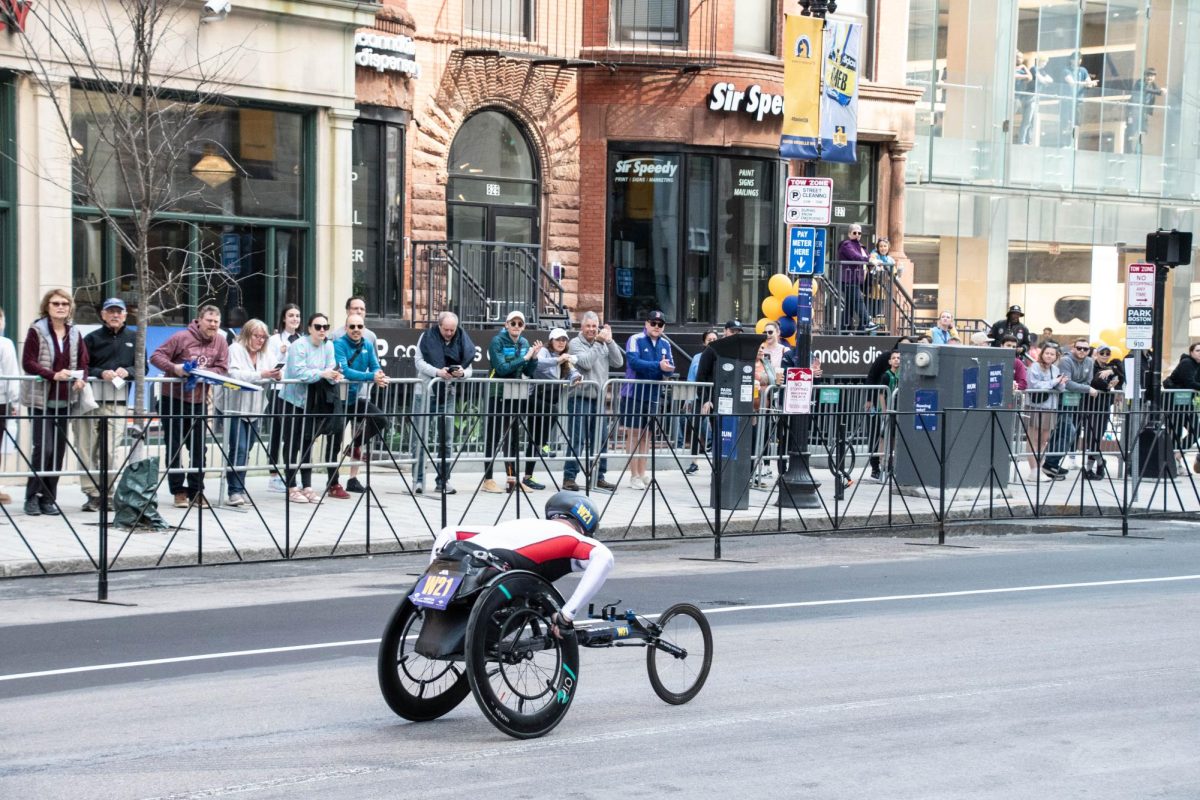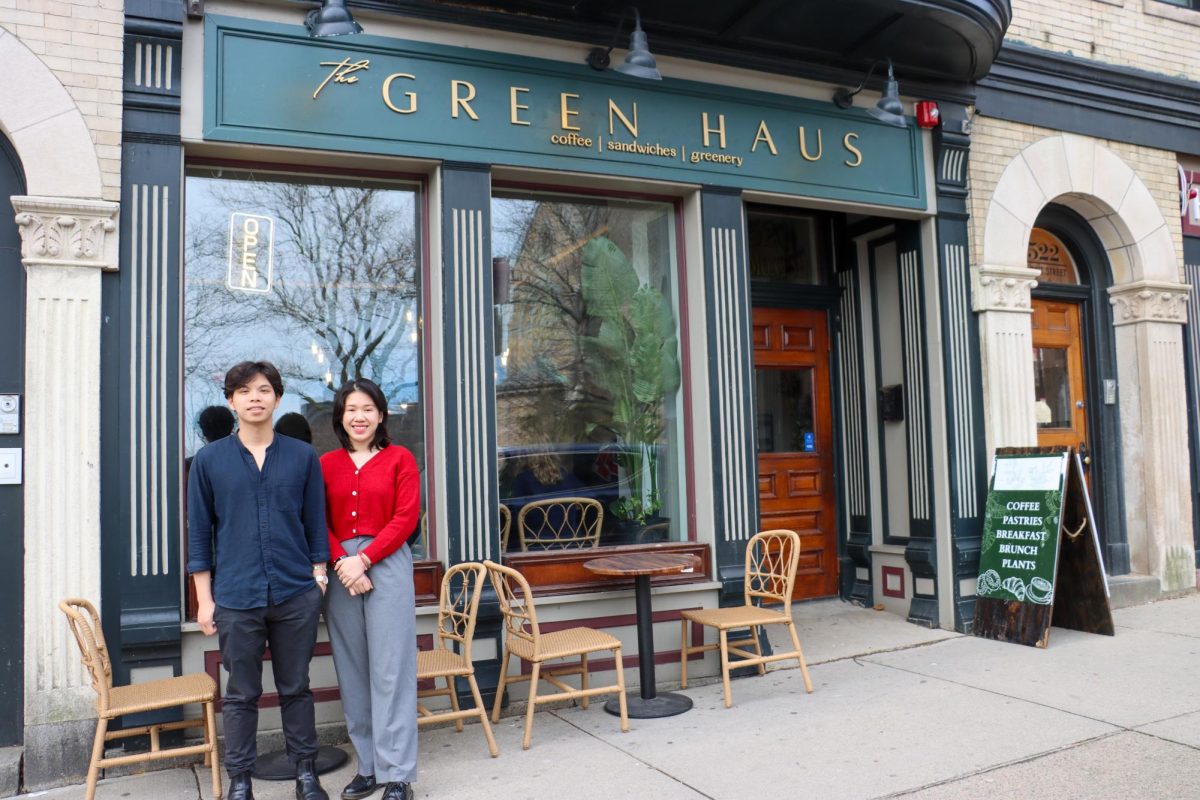By Audrey Cooney, news staff
Andrea Campbell, city councilor for Boston’s District 4, which includes Dorchester, Mattapan, parts of Jamaica Plain and parts of Roslindale, was born and raised in Boston. Before being elected to City Council in the fall of 2015, she worked as a lawyer, first at a nonprofit focusing on education, then as deputy legal counsel under Gov. Deval Patrick.
Campbell decided to run for public office after her twin brother, André, died in custody of the Department of Correction while awaiting crucial medical care. As she relates, her life and her brother’s took drastically different turns largely because of the differences in opportunities and resources that were afforded to them. She decided that a place on the Boston City Council would be the best position for her to help ensure that Boston children receive the same resources and advantages that allowed her to excel.
The News spoke with Campbell about her new role in the City Council.
The Huntington News: What are your first impressions of the city councilor’s office? How are you settling in?
Andrea Campbell: So far it’s learning how to navigate it all… I’ve been working in the private sector, I’ve also worked in the non-private sector. Each space is different; City Hall is different from the State House. So it’s learning how to navigate, how to get things done with various departments and agencies and working with other councilors to put forward policy initiatives that serve the constituents I serve and represent. So that’s been, I think, the challenge, and it’s also the most exciting [part]. I have an incredible team, and so I’m blessed in that I have two full-time staffers who work in my office and who are also learning how to navigate. We’re learning how to navigate together. So far, the response has been that we’re getting things done, so that’s always good to hear.
HN: You made accessibility a huge part of your campaign and your time in office, even giving out your personal phone number and email address to constituents. Why is it so important that residents of your district have this sort of contact with you?
AC: When I started the campaign, I started with a listening hearing, and the residents that I met with, many of them talked about how they just felt that it was difficult for them to reach their representative. They didn’t see their representative – or they didn’t see their representative enough – so for me as a way to gain trust and build trust with my residents, I wanted them to feel as if they could get to me all the time. So I gave out my personal email and I gave out my cell phone, and on my business card, I still have the cell phone which I’m calling you from. I think it’s important for residents to feel that they can connect with me. Residents also understand, which is great about them, that I’m busy and I have a huge district with over 70,000 residents to represent and serve, so they also have met and connected with my team, my staff. If for some reason they can’t help, then they call me, or if it’s of a personal nature, they call me. But I think to really do the work down at City Hall, well, we have to be connected to residents. In order to put forth policies that best serve a community, you have to know what they need, and for that to happen, you have to be accessible. So accessibility and transparency are all very important to me.
HN: You’re a graduate of Boston Latin School. Could you comment on the recent investigation into allegations of racism at the school?
AC: I am a product of all Boston Public Schools (BPS). I actually went to five of them, including Boston Latin School, and I had a great experience at Latin. I love Latin School; it prepared me for not only going to Princeton University but also law school and life in general. It just provided me with a solid foundation not just in academics and how to think about issues and the world, but also exposure – exposure to great teachers, exposure to curricula, exposure to residents of other neighborhoods that I didn’t actually frequent. I’ve been following that Latin School investigation, which has covered the last 16 months actually, and it’s not just an investigation that delves into the work of students, “BLSBlack” and the two young ladies who came forward with and […] I admire tremendously the courage it takes to bring that forward to the forefront. And I’ve stayed in contact with them; I’ve been in contact with the administration. Also, I’ve followed the investigation, which just came to a conclusion yesterday, and I think what was most exciting from what I’ve heard – from not just BPS but the investigation and the response to the investigation – is that they have taken the allegations seriously and are looking forward to having conversations about race in the first place. I think what those girls highlighted and what the students highlighted is that they’re in an environment in which they have an elephant in the room – in this case, race, in this case, prejudice – and we don’t talk about it. We act as if it doesn’t exist; we act as if it doesn’t inform, sometimes, how our relationships are and what those dynamics are. Latin School, I know, is eager to continue to have conversations about race, to have training with their staff about how to build better race relations at the school, and I think it could be a model as an academic setting. They still have a lot of work to do in this regard, but I think they’re up for the challenge, and they have an alumni network that are also supporting that work, and I’m one of them. I think what’s most important outside of the conversation and the training related to race is looking at the students who are at Latin School, the demographics of that student body, and they can see that the white population has grown, and the students of color have not, and it’s not necessarily reflective of the city’s demographic. Latin School, along with BPS, are looking together already to take a hard look at that and to find ways to work together to change that. I think it speaks to the leadership of Latin School that they are willing to have these conversations and to do something about it.
Photo courtesy Katie Prisco-Buxbaum













